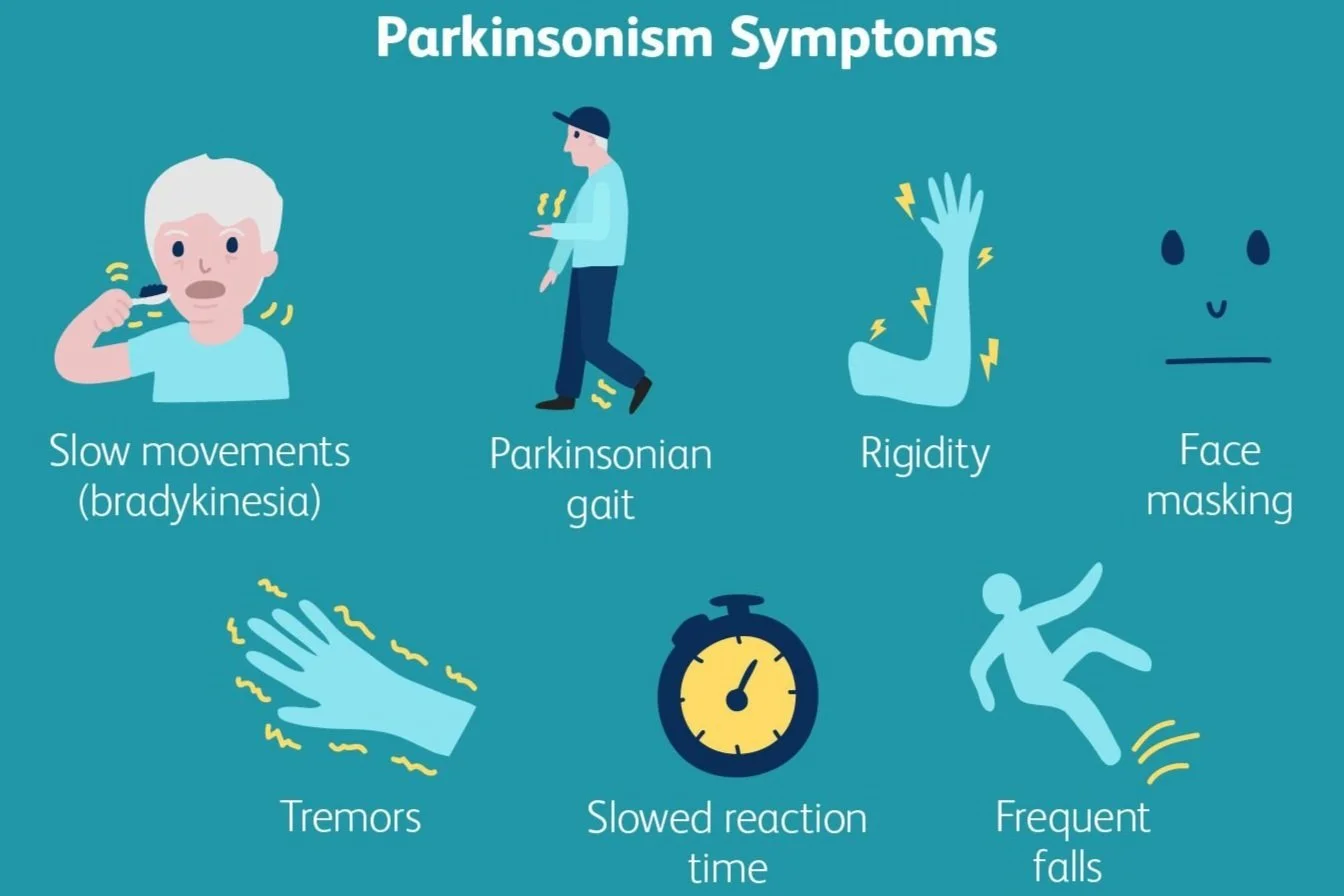The Role of Exercise in Managing Parkinson’s Disease
Parkinson’s disease is a progressive neurological disorder that affects movement, balance, and coordination. Characterized by symptoms such as tremors, muscle rigidity, and slowed movement (bradykinesia), Parkinson’s can significantly impact an individual’s quality of life. While there is currently no cure, research has consistently shown that exercise plays a crucial role in managing symptoms, slowing progression, and enhancing overall well-being.
How Exercise Helps Manage Parkinson’s Symptoms
Regular physical activity has been proven to improve motor function, reduce rigidity, and enhance balance in individuals with Parkinson’s disease. Exercise stimulates the release of dopamine, a neurotransmitter that is depleted in those with Parkinson’s, helping to alleviate symptoms and improve movement control. Activities such as strength training, aerobic exercise, flexibility routines, and balance exercises can enhance mobility, reduce fall risk, and support daily functioning.
Moreover, exercise can address non-motor symptoms such as depression, anxiety, and cognitive decline. Parkinson’s often affects mental health, but structured movement programs have been shown to improve mood, boost confidence, and enhance cognitive function. Group-based activities, such as dance or tai chi, can also provide social benefits, reducing feelings of isolation and fostering a sense of community.
The Role of an Exercise Physiologist
As an exercise physiologist, we play a critical role in designing and implementing personalized exercise programs tailored to the needs of individuals with Parkinson’s disease. Our expertise allows us to assess mobility limitations, movement patterns, and physical capacity to develop targeted interventions that maximize function and independence.
Unlike generic fitness programs, an exercise physiologist considers disease progression, symptom severity, and individual goals when prescribing exercises. By incorporating strength training to address muscle weakness, balance exercises to reduce fall risk, and cardiovascular conditioning to enhance endurance, we create a well-rounded program that optimizes movement and quality of life. Importantly, we also educate individuals and caregivers on safe movement strategies, helping to empower individuals to stay active beyond supervised sessions.
Collaborative Approach with Allied Health Professionals
Managing Parkinson’s disease effectively requires a multidisciplinary approach, where exercise physiologists work closely with other allied health professionals to provide comprehensive care. Collaboration with physiotherapists ensures that movement strategies are optimized and that rehabilitation techniques support exercise interventions. Occupational therapists contribute by addressing daily functional activities, ensuring individuals can apply their physical improvements to real-life tasks such as dressing, eating, and mobility.
Speech pathologists play a crucial role in managing speech and swallowing difficulties, which can be affected by Parkinson’s. By working together, exercise physiologists and speech therapists can incorporate breathing and vocal exercises into movement programs to enhance respiratory function and speech clarity. Psychologists and social workers are also essential in addressing the emotional and psychological challenges of Parkinson’s, ensuring a holistic approach to care.
Enhancing Quality of Life Through Movement
Exercise is one of the most powerful tools available for managing Parkinson’s disease. It not only improves physical function but also enhances mental well-being, independence, and overall quality of life. With the guidance of an exercise physiologist and a collaborative healthcare team, individuals with Parkinson’s can continue to move with confidence, maintain their autonomy, and live fulfilling lives despite their diagnosis.
For those living with Parkinson’s, starting an exercise program tailored to their needs can be life-changing. Engaging in regular physical activity under the supervision of professionals can help slow symptom progression, improve mobility, and foster a sense of empowerment. If you or a loved one is managing Parkinson’s, consider reaching out to an exercise physiologist to explore the benefits of a structured movement plan tailored to your unique needs.
Article by, Live Right Health Group Exercise Physiologist - Keisuke Hisashi



